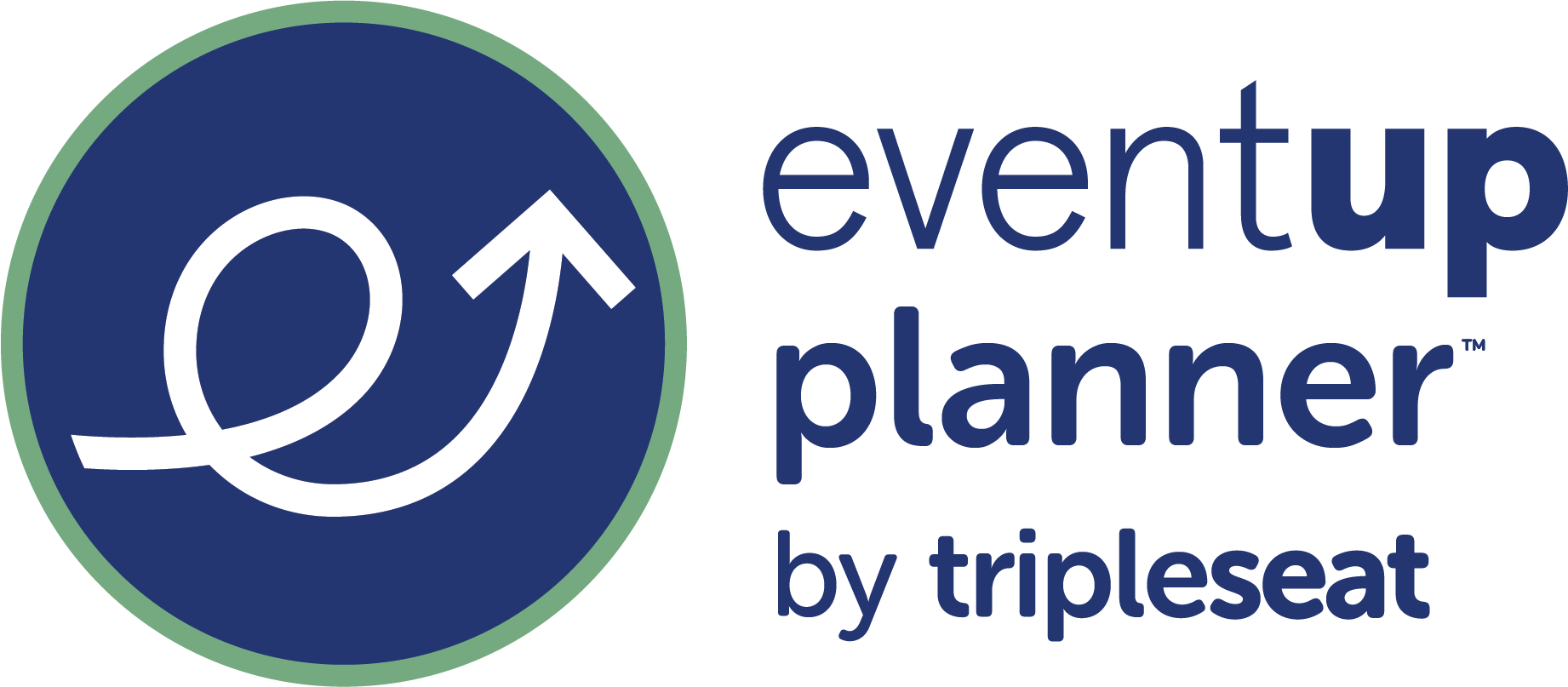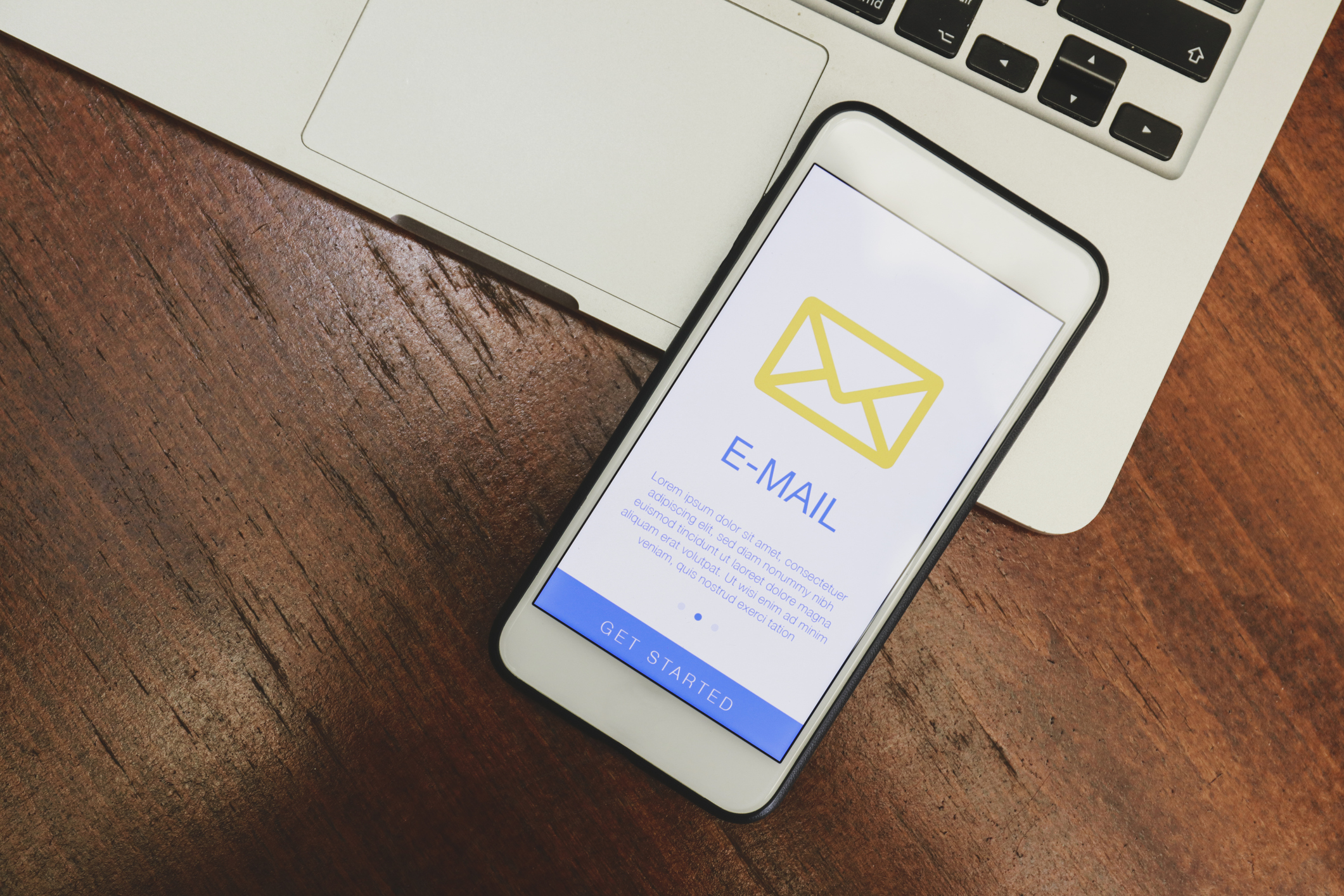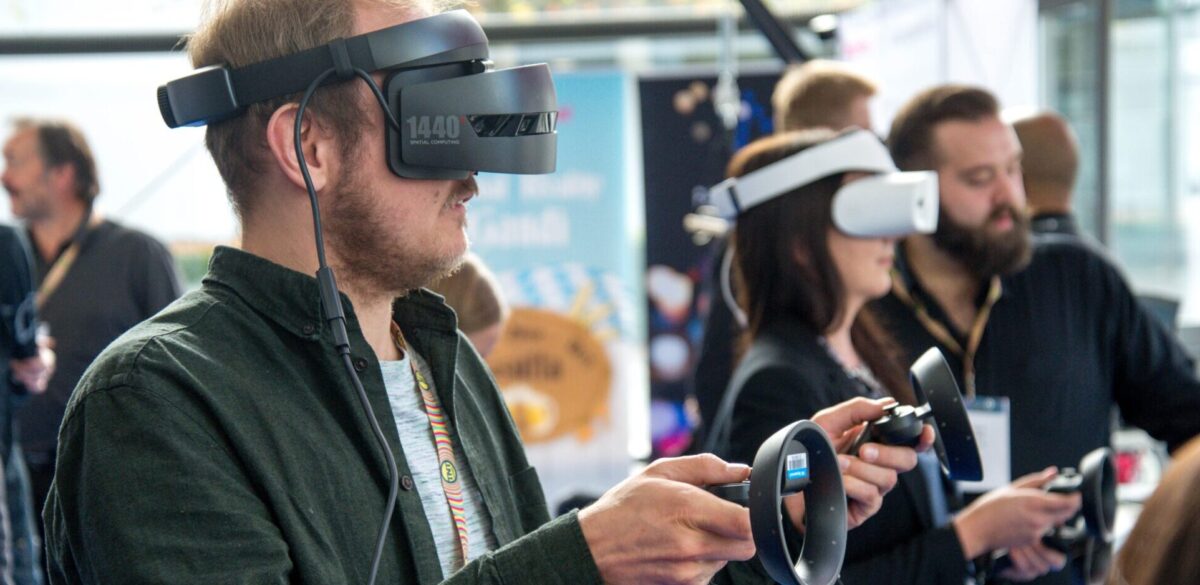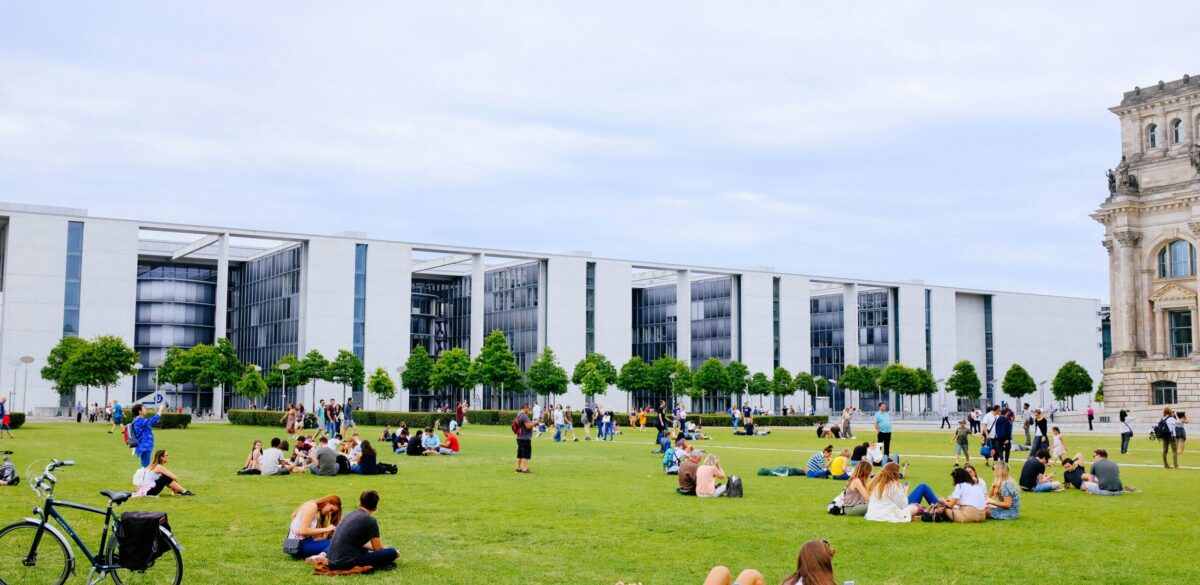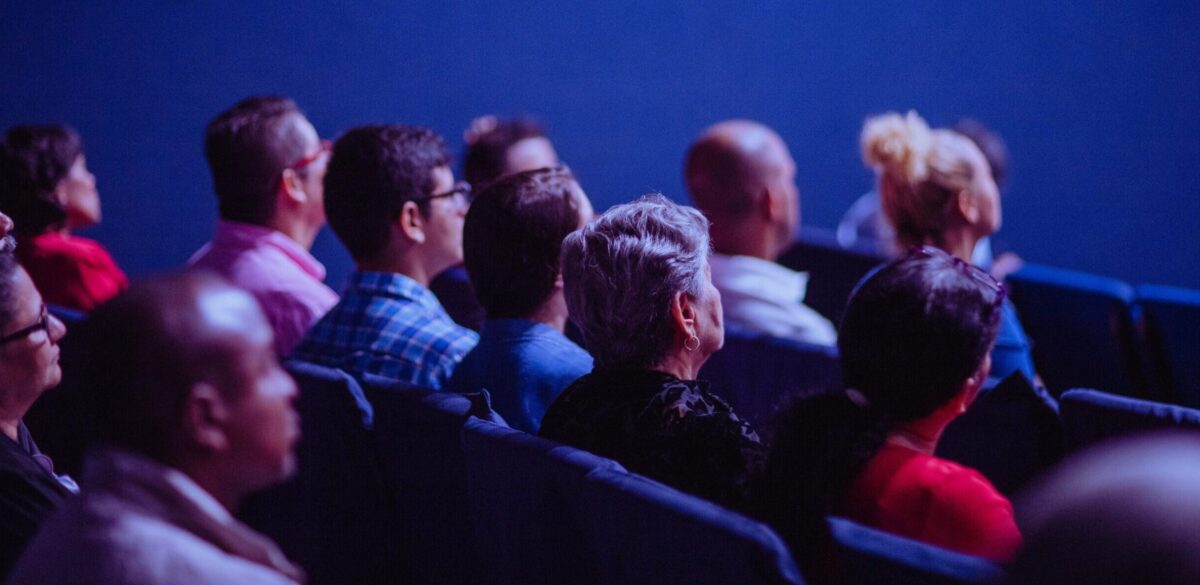As a project coordinator or marketing manager, you’ve likely been tasked with planning company and product events—even though event planning isn’t a core function of your role. Your boss wants improved workflows and better results…but provides little guidance on how to get there. You’re left scratching your head, wondering where to even start.
This disconnect is super common, but it doesn’t have to be insurmountable.
Choosing the right event management software can revolutionize your processes for putting on successful, highly profitable events. The trick is asking the right questions to find the best event planning software for your company’s needs.
In this blog, we’ll cover key considerations for choosing the right event management software so you can make an informed decision. With the right tool, you’ll be equipped to deliver awesome events from start to finish—while saving time, reducing headaches, and maximizing ROI in the process. Let’s dive in!
Step #1 – Identify Your Company’s Specific Needs
Before searching for event management tools, it’s crucial to clearly define your event planning requirements and objectives. Having a clear “why” will shape how you’ll leverage and get the most out of the software.
Are you looking to improve online ticket sales or boost registrations? Or perhaps you’d like to segment and personalize your marketing communications to improve your outreach. Setting these goals from the start provides a roadmap for your search.
To identify your company’s specific needs, ask yourself key questions like:
- What types of events do I typically organize (corporate meetings, conferences, trade shows, etc.)?
- How many events do I manage per year on average?
- What are the typical sizes of these events in terms of number of attendees?
- What are the biggest pain points or areas for improvement in my company’s current event planning process?
Getting granular about your event objectives and current challenges allows you to pinpoint must-have features and capabilities. With a clear picture of your requirements, you’ll be better equipped to vet solutions and find top event management software aligned with your company’s goals.
| LEARN MORE: How to conduct a needs assessment to find the right event management software |
Step #2 – Understand Which Features Your Company Needs
With so many options on the market, it can feel overwhelming trying to choose the right software for your company. Once you’ve clarified your goals and objectives for using the software, the next step is carefully considering which features will be most valuable for your specific needs.
As you evaluate event management software providers, keep an eye out for these key features that can dramatically improve your processes:
✅Event website and landing pages. Create branded, mobile-responsive websites and landing pages to promote your events without the need for coding or developers!
✅Event registration and ticketing. Enable self-service registration and payments directly on your event website for a smooth pre-event experience.
✅Scheduling and speaker management. Easily build out detailed schedules and session tracks with workflows that save time and energy.
✅ Event marketing automation. Streamline all email communications and nurture campaigns to boost registrations. Automatically send out personalized emails based on attendee interests and behaviors.
✅ Insightful reporting and analytics. Gain invaluable insights from registration numbers, attendee interests, revenue data, and more to make data-driven decisions to improve your future events.
Take stock of which features will be most impactful for your company’s events. Perhaps automated marketing is the biggest timesaver, or maybe hybrid event capabilities is non-negotiable. Prioritize the must-have capabilities based on your specific needs and goals to narrow your search for top event management software.
| CHECK OUT: How to get internal buy-in when you’re considering switching event management software |
Step #3 – Evaluate the User Experience
Top event planning software with tons of features won’t make your job easier if it’s overly complicated or cumbersome to use.
A user-friendly interface with intuitive navigation is essential for streamlining your workflows and ensuring adoption across your team—whether it’s your event marketing coordinator, team members from across departments, or your leadership team.
When evaluating potential software solutions, ask yourself:
- Is the software easy to learn and use without extensive training?
- Does it offer mobile accessibility for planning on-the-go?
- Can the interface and branding be customized for a cohesive experience?
- What training/onboarding resources are included to get started?
- How responsive is the vendor’s support team?
- Does it integrate with other tools my team uses?
- Can user permissions be customized by role?
- Is there a trial period to properly test the user experience?
Prioritizing ease-of-use ensures your event management software becomes an asset for your entire team rather than a headache. An exceptional user experience drives productivity.
| GO DEEPER: Vetting event management technology for ease of use before you buy |
Step #4 – Consider Your Needs for Integration and Data Management
As a project or marketing manager, you likely rely on various tools for different aspects of your role. Ensuring your new event management software can seamlessly integrate with existing solutions is crucial for maintaining efficient workflows.
Data security, privacy, and compliance are also paramount when handling attendee information and financial transactions. You’ll want reassurance that any platform you adopt meets rigorous security standards.
When vetting potential software vendors, be sure to ask:
- Does it integrate with my company’s CRM, marketing, and analytics tools? Payment gateways?
- How does the vendor ensure data privacy and security?
- Is the platform compliant with relevant regulations (e.g., GDPR)?
- Can data be exported in common file formats if needed?
- What data backup and recovery protocols are in place?
- How can user roles and permissions be configured?
- What support is provided for implementation and data migration?
The right combination of connection, security, and control over your data ensures the best possible experience for your team and for attendees.
| EXPLORE: 7 steps to secure your event ticketing process & registration |
Step #5 – Assess Scalability and Support
Your event planning needs will evolve as your company grows and your event portfolio expands. Choosing an event management solution with the scalability to accommodate increasing volumes and complexity is crucial to avoid costly repercussions down the road.
Equally important is having a reliable support system to ensure you’re set up for long-term success! Look for vendors that provide comprehensive training resources, responsive technical support, and a clear product roadmap that considers your future requirements.
When evaluating potential software providers, be sure to ask:
- Can the software handle multiple events and increased attendee numbers?
- Does it offer functionality to support more advanced event types?
- What training resources are available for admins and end-users?
- How is customer support provided (live support, knowledge base, etc.)?
- What is the vendor’s track record for product updates and innovation?
- How are pricing models structured for predictable cost management?
Prioritizing scalability and excellent support ensures your event management platform grows with your company.
| READ MORE: How to manage multiple events at once |
Get the Best Event Planning Software on the Market
Choosing the right event management software is essential for streamlining your processes and achieving ambitious event goals.
Don’t settle for a subpar solution that creates more headaches than it solves. Take the time to thoroughly assess your needs and ask the right questions during your evaluation process.
At EventUp Planner, we’re passionate about empowering companies like yours to deliver exceptional events efficiently and profitably. Our team of experts is ready to guide you in selecting the best-fit software to power events, no matter how big or small. Book a demo today to get started!
Let's Talk!
- For all meeting and event types
- For all event sizes
- For all functional teams
- For all use cases
